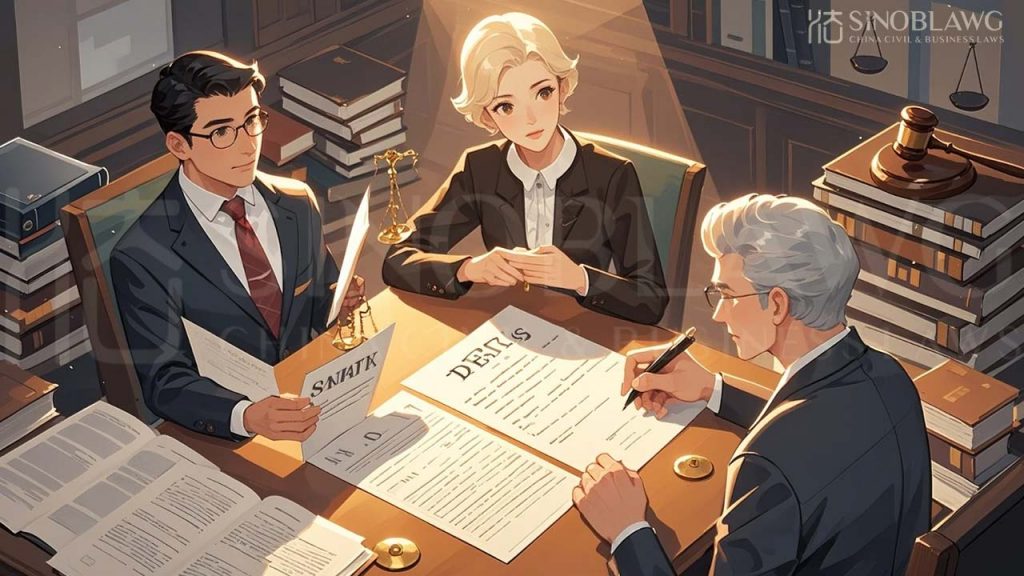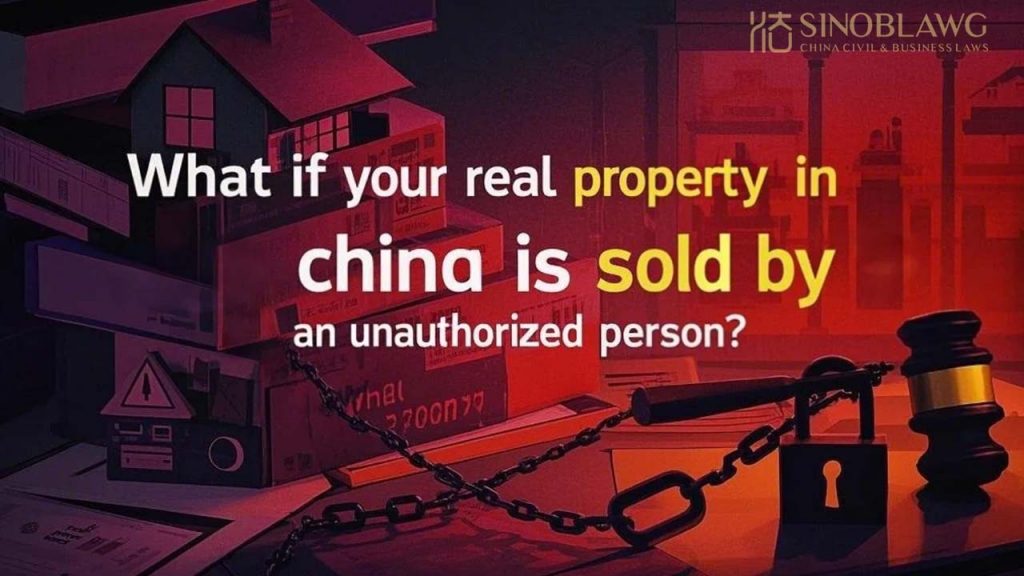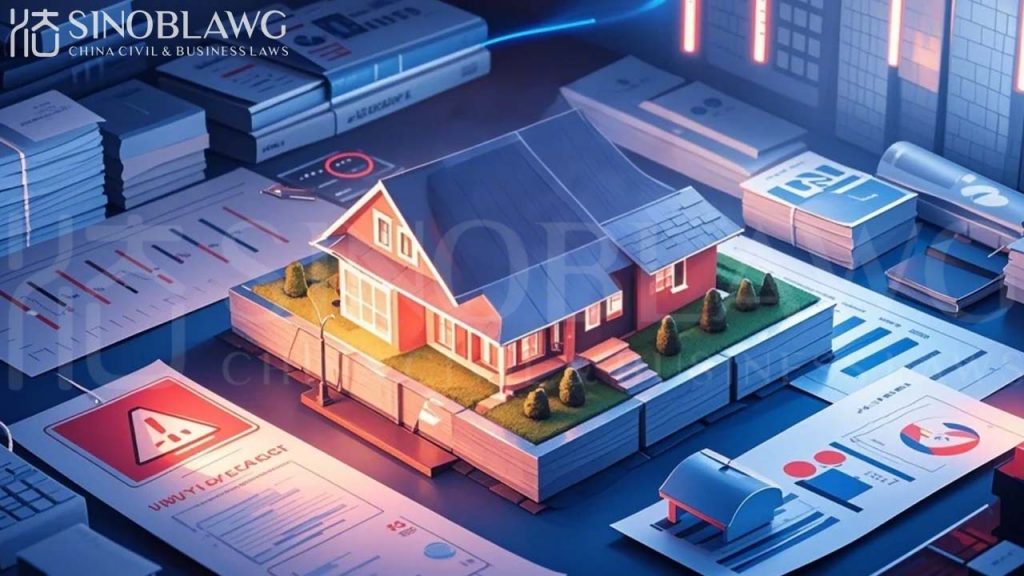I am advising a client on his real estate dispute with his seller which is very interesting as it led me to think about two important issues under china contract law.
Here are the facts: my client entered into a real estate sale and purchase contract back in 2009 under which he agreed to pay for an apartment which at the time of signing the contract was not allowed to be sold in the market for a period of three years (for which reason, such property are sold much cheaper than market level) because of Shanghai local rule regulating such properties that are sold to people whose homes were previously torn down to make ways for local real estate developments. Furthermore, at the time of contract signing, the seller has not acquired the legal title in the apartment though he had paid all price for the apartment. Now when the time is ok for title transfer from the seller to my client, the client found that the seller for some reason has yet to acquire his own title in the apartment before which there is no way for this seller to transfer title to my client (it is the same principle that one cannot sell what he does not own/have). The problem is that the seller now refuses to take action to acquire his own title. On the other hand, the client is resolute to get the title since his family has been living there in the past three years so the client does not consider suing the seller for his liability for breach of contract.
It is a tricky case.
So the primary concern for my client is that we need to first get the seller to obtain its own title in the property without which my client simply has no way to establish his ownership in the property. This is the Chinese property law.
I came to think of the subrogation right in China Contract Law which entitles a creditor to take legal action against its obligor’s/debtor’s obligor/debtor or the sub-obligor/debtor. Article 73 of China Contract Law reads: where the obligor delays in exercising its creditor’s right against a third person (Note: the sub-obligor) that is due, thereby harming the obligee, the obligee may petition the People’s Court for subrogation, except where such creditor’s right is exclusively personal to the obligor. In our case, the seller should have already applied to local real estate authority for processing its title deed with the help of the real estate developer that has no reason not to do so. On the other hand, the client’s creditor’s rights under the property sale and purchase contract have also come due. So there should be no problem of my client substituting for his obligor, the seller, to sue the sub-obligor, the real estate developer to request the developer to cooperate with getting the title transferred to the seller.
But further legal research showed that the contemplation above does not work. Back in 1999, China Supreme Court has issued a piece of judicial interpretation on China Contract Law in which the subrogation system is spelled out in more detailed and operable rules. The interpretation on subrogation right has in fact narrowed down the scope of application of subrogation in practice. Section 13 of this interpretation says to the effect that the obligation owed by the sub-obligor to the obligor shall be one of payment of money, namely, a pecuniary nature. This limitation substantially reduces the application of subrogation right in practice, a bold step by the China Supreme Court which has been debated as it is against the original meaning of Article 73 of the Contract Law. However, in practice, Supreme Court’s interpretations are given super weight and lower courts all respect and follow such judicial interpretations.
With that, I cannot resort to the subrogation mechanism to help my client since the property developer owes no pecuniary obligation to the seller, but a performance of certain acts, which does not qualify for Section 13 of the Supreme Court’s interpretation.
There is no explanation from China Supreme Court on the rationale behind the Section 13. In the context of my case, this limitation on application of subrogation system has apparently made my client lose an effective legal weapon against the defaulting seller. There is good reason to challenge the Section 13, but that is something not part of the mission of this post.








Comments